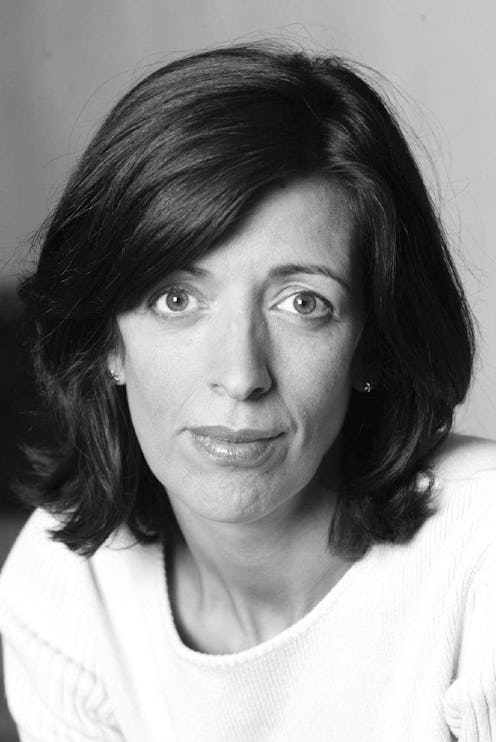Books
In 'Apple Tree Yard', Sex and Suspense Rule

It takes a lot to shock these days. Tales of corruption, untruths, and infidelities are commonplace, both factual and fictitious — but rarely do these (sadly) everyday occurrences end in the kind of explosive consequences that face the characters of Apple Tree Yard (Sarah Crichton Books) by Louise Doughty. Yvonne Carmichael, a successful science researcher in a stable and not unhappy marriage, finds herself on trial for murder after embarking upon a spontaneous affair with an intelligent stranger.
Yvonne speaks directly to us as if we were her mysterious partner in infidelity, at once lover and betrayer. We travel with her back and forth as she shifts through time, delivering her perspective from the witness stand in one moment, before detailing the anecdotes that put her there.
Yvonne is presented as wildly intelligent and successful, happy with the day to day comforts of an unchanging but balanced marriage. Even upon discovering her husband’s affair, an event she recounts with a steely calm, she is rational and forgiving. This practicality is somewhat unnerving, and occasionally spills over into her accounts of time spent with her seductive stranger, which are largely presented passionately and without regard for objective clarity.
Doughty manages this character contradiction with impressive aplomb, swiveling seamlessly between the calm collectedness of the modern heroine her protagonist aspires to and the frenzied, irrational passionate notes of a woman devoured by her sexual wrong-doings. The intimacies depicted early on are, however, somewhat saccharine, predictably dripping with the childlike imagery of a teenage crush or a Hollywood film:
We kiss — your mouth soft, full, all the things that mouths should be — and I realize that I knew this would happen from the minute I set eyes on you in the corridor outside the committee room, it was just a question of how and when.
While these scenes are effective in portraying the kind of hyperbolic, blind romanticism that seems to accompany indiscretions of this kind, they are delivered with a naivety and childishness ill-suited for a career woman of Yvonne’s seeming intelligence and charm. It seems to contradict, too, the feminist manner in which the strong female character is presented in other moments in the book, succumbing to the misogynist notion that even the modern female can’t maintain her fortitude in both the office and the bedroom.
Nevertheless, Apple Tree Yard is not without it merits. In this, her seventh novel, Doughty’s talent is best revealed in her heroine’s moments of self-reflection. While her sex scenes, voluntary and involuntary alike, can read somewhat overdone, her character’s intelligence and analytical prowess emerge as she theorizes on her past actions and their meaning. On her adapting to the role of married mistress:
I am getting the hang of this. It is as if, at the age of fifty-two, I have discovered an unexpected ability to play the piccolo, or tap dance, something that was always latent within me that I had simply failed to explore.
As she loses herself in the romance of the affair, she gains an unexpected insight into herself, and describes the pleasant surprise at finding these hidden talents with an enthusiasm that belies her age. The suspense of the trial is persistent throughout the novel, both in moments in the courtroom and out, and as Yvonne meanders through her memories of events, we too forget our lack of subjectivity, making this fine novel’s denouement all the more deliciously dark.